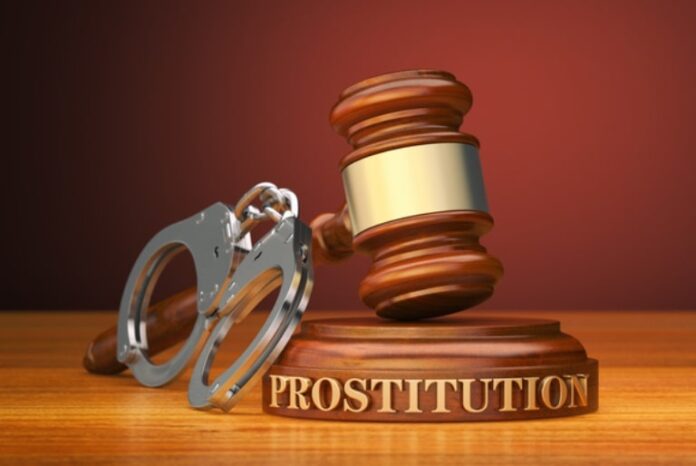While pimping and pandering are often used interchangeably, they’re actually separate crimes under the law. Both relate to prostitution, but the actions involved—and how they’re prosecuted—are different.
In this article, we’ll break down what each term means legally, how courts distinguish between them, and why that matters if someone’s been charged. If you’re trying to understand these charges or are helping someone who is, speaking with a pandering lawyer can be a smart first step.
You’ll also learn about the penalties associated with each charge and how prosecutors typically prove these cases. Let’s start by looking at the definitions.
Understanding the Charges: Pimping vs. Pandering
Though they’re related, pimping and pandering cover different behavior under the law. Both are felonies in many states, including California, and carry serious consequences. The key difference lies in what the accused person is said to have done.
What Is Pimping?
Pimping usually involves profiting from another person’s act of prostitution. It doesn’t necessarily mean the person forced anyone to do anything—it just means they’re making money from it.
Under California Penal Code § 266h, pimping is defined as receiving earnings from someone engaged in prostitution. This includes collecting money from a sex worker or managing their clients.
Someone can be charged with pimping if they:
- Accept or receive money from a person engaging in prostitution
- Arrange clients and collect payment
- Provide housing or transportation in exchange for a cut of earnings
The law doesn’t require proof of coercion, which is one major distinction from pandering.
What Is Pandering?
Pandering, on the other hand, involves persuading or encouraging someone to become a sex worker. It focuses more on the act of recruitment or influence.
According to California Penal Code § 266i, pandering is the act of convincing, pressuring, or arranging for someone to engage in prostitution, even if no money ever changes hands. The intent alone is enough to support a pandering charge.
Examples of pandering include:
- Convincing someone to start working as a prostitute
- Arranging for someone to meet clients
- Using threats, promises, or even flattery to influence someone to engage in prostitution
Pandering is often charged in situations where there’s an element of control or manipulation, even if there’s no direct financial gain.
Key Differences at a Glance
Here’s a quick breakdown to clarify how pimping and pandering differ:
| Element | Pimping | Pandering |
| Focus | Profiting from prostitution | Encouraging or influencing prostitution |
| Requires coercion? | No | Not required, but often involves persuasion |
| Involves money? | Yes, financial gain is central | Not always; intent is enough |
| Legal reference | Penal Code § 266h | Penal Code § 266i |
Understanding these differences matters because each charge has different legal elements that the prosecution must prove. That also means the defenses available can vary depending on the charge.
Penalties and Consequences
Both pimping and pandering are felonies in California and many other states, and they often come with mandatory prison time.
Pimping Penalties
- 3 to 6 years in state prison
- Increased penalties if the person involved is under 18
- A strike under California’s Three Strikes Law
- Mandatory registration as a sex offender in some cases
Pandering Penalties
- 3 to 6 years in prison for adult victims
- 3 to 8 years if the victim is a minor
- Possible fines up to $10,000
- Immigration consequences for non-citizens
Aggravating factors—like violence, threats, or involvement of a minor—can lead to longer sentences and additional charges.
Why the Legal Distinction Matters
In many cases, a person might be arrested for both pimping and pandering, but the charges require different types of evidence. The law draws a clear line between making money off prostitution and actively recruiting someone into it.
This distinction can play a big role in how a case is charged, negotiated, or defended. For example, if there’s no evidence of persuasion, a pandering charge may not hold. Similarly, if there’s no proof of financial benefit, a pimping charge might be harder to prove.
Understanding how the law separates these crimes helps clarify what’s at stake—and what kind of legal strategy may be needed.




